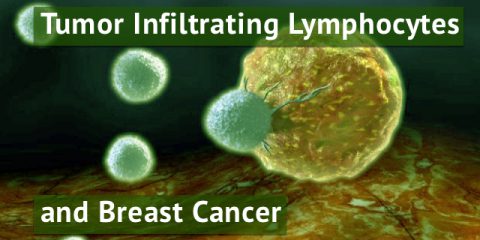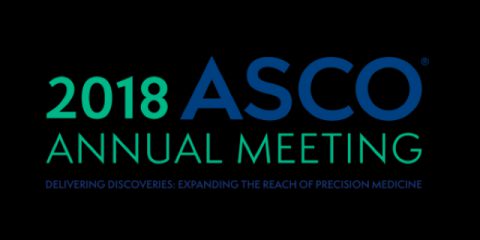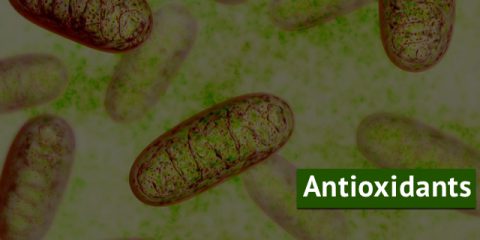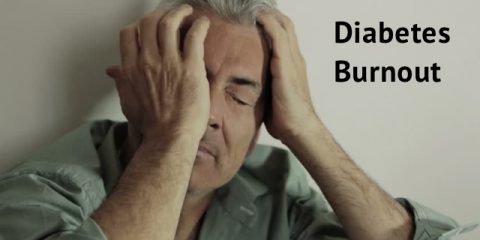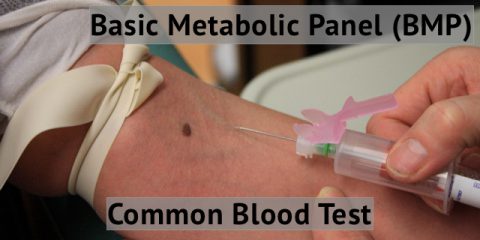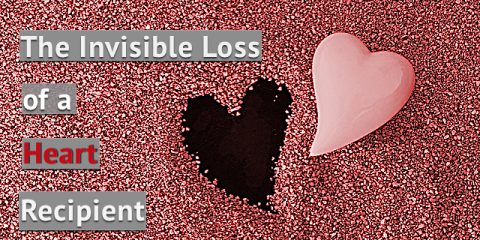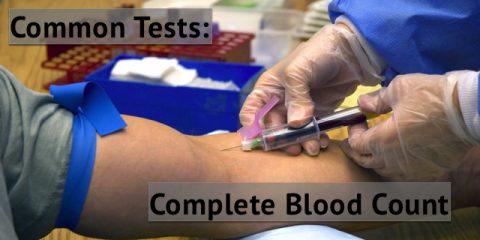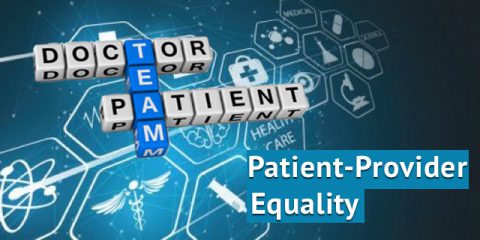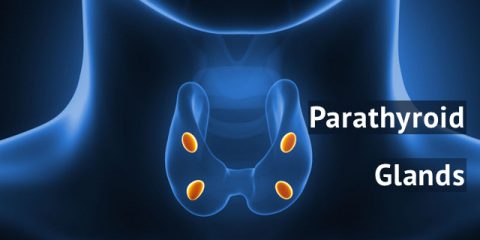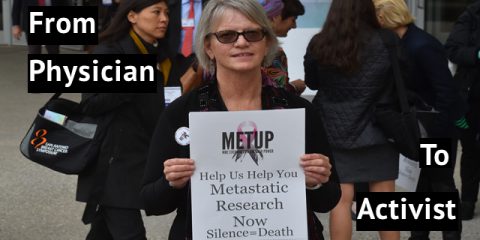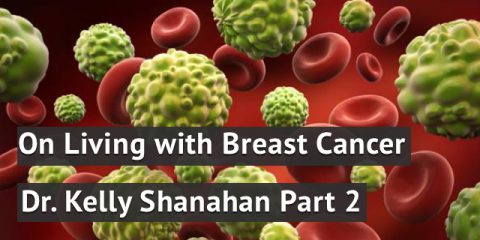By Professor Steven Kaplan, MD “I never get a full night’s sleep…I’ve got to get up two or three times a night.” “As soon as I lie down, I feel like I need to GO!” “When it was just once a night, I could handle it. Now it’s once every hour!” If any of these statements describe your experience,...
Read MoreIn the News: Tumor Infiltrating Lymphocytes and Breast Cancer
This past week a big announcement came from the National Institutes of Health. Dr. Steven Rosenberg, the leading authority on immunotherapy, a treatment he pioneered that uses a person’s own immune cells to fight cancer, told the world about Judy Perkins. In 2003 at age 38, Judy was diagnosed with stage 0 breast cancer. “At the time I was...
Read MoreASCO 2018: Chemotherapy Side Effects & Treating Metastatic Lung Cancer
The American Society of Clinical Oncology (ASCO) meets at the beginning of June each year in Chicago. It is the world’s largest oncology organization where researchers from around the world present their research findings. Here are the results of two studies presented during the first couple of days of the conference. Chemotherapy Side Effects and...
Read MoreAntioxidants in Grapes and Avocados
The mitochondria in cells produce energy. In the process they form reactive oxygen species. Reactive oxygen species, also called free radicals or oxygen radicals are used in many metabolic processes that are essential to life. For example, they are are part of enzyme reactions in the body. White blood cells, like neutrophils produce reactive oxygen...
Read MoreDiabetes Burnout
“I just don’t think about my diabetes. It’s too complicated and I’m too busy.” “I’ve given up on carb counting and just eat whatever.” “If my blood sugar is out of range, I just don’t care.” “Family and friends don’t support me. ” “I feel hopeless.” If these...
Read MoreCommon Tests Explained: Basic Metabolic Panel or BMP
A Basic Metabolic Panel is one of the most common tests that your provider can order. It is used to learn about your kidney function as well as calcium levels and glucose levels. You need to fast 8 to 12 hours before this test. What’s measured in a Basic Metabolic Panel (BMP)? Creatinine: Creatinine is a waste product that is filtered out of your...
Read MoreGuest Post: The Invisible Loss of a Heart Recipient
Before becoming a heart recipient, Stephanie Zimmerman, RN, MSN was a nurse practitioner caring for pediatric cancer patients. This year, Stephanie** underwent biopsies of her donated heart to find out if it has been damaged by her immune system. Then during this terrible flu season, she spent over a month with a severe case of pneumonia. Susceptibility...
Read MoreCommon Tests Explained: Complete Blood Count or CBC Infographic
You have probably had a Complete Blood Count or CBC test done before. It is a blood test that is commonly requested at regular check-ups to give your physician an idea of your general health. The test takes six measurements. Red blood cells (RBC): Your red blood cells carry oxygen to cells and remove carbon dioxide from cells. White blood cells (WBC):...
Read MorePatient-Provider Equality on the Healthcare Team
The Healthcare Information and Management Systems Society (HIMSS) conference held in Las Vegas in March is an enormous yearly event filled with marketers, vendors, health IT professionals, executives in healthcare and clinicians. At last month’s conference, an unlikely pair took the stage: mother and daughter, Kristina and Kate Sheridan, spoke about...
Read More5 Things You Probably Didn’t Know About Your Parathyroid Glands
In a continuation of posts on the endocrine system, we introduce four tiny glands (the size of a grain of rice) that perform a huge job. The parathyroid glands are in charge of keeping the calcium levels in your body in balance. Parathyroid Glands Location For most people, the parathyroid glands are located behind the thyroid gland (See: What does the...
Read MoreFrom Patient to Activist and Researcher: Dr. Mary Kelly Shanahan Part 3
Dr. Kelly Shanahan is a doer. As she wrote about her treatment for early stage breast cancer, “Even the four months of i.v. chemo needed because of one positive lymph node didn’t slow me down: I scheduled chemo for Thursdays, did surgery…on Fridays, threw up on Saturdays, ached from Neulasta® on Sundays, and was back in the office on...
Read MoreOn Living with Breast Cancer: Dr. Kelly Shanahan’s Patient Journey Part 2
In From Physician to Patient, I introduced Dr. Kelly Shanahan, a mother, wife, and obstetrician-gynecologist living and working in California. Her life changed with a breast cancer diagnosis. “In 2008, I was diagnosed with early stage breast cancer, stage IIB to be exact. I underwent an aggressive bilateral mastectomy, because 1) as an ob/gyn...
Read More

